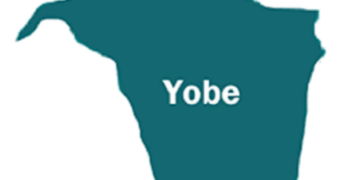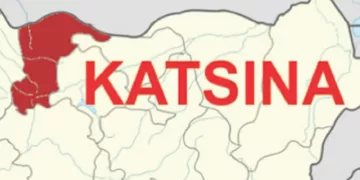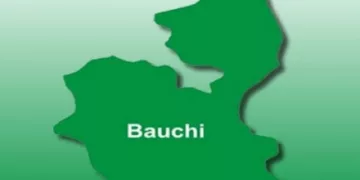Top education officials from across Nigeria gathered in the nation’s capital today for an urgent dialogue aimed at confronting the country’s severe educational challenges, including the millions of children out of school and the poor quality of learning for those who are enrolled.
The high-level meeting, organised by the Nigeria Governors’ Forum (NGF) and the Universal Basic Education Commission (UBEC), brought State Commissioners of Education and heads of State Universal Basic Education Boards (SUBEBs) together to find practical solutions to a problem that threatens the country’s future.
Speaking, UBEC’s Executive Secretary, Aisha Garba, said Nigeria is facing an education crisis of great magnitude. “Millions of Nigerian children remain out of school, while many of those enrolled are not acquiring the foundational literacy and numeracy skills essential for lifelong success.
“These gaps are not just academic, they represent lost opportunities, widened inequality, and weakened national development. The time has come to change this narrative.”
The dialogue focused on sharing strategies that are proven to work, with a special emphasis on the challenges in Northern Nigeria, exploring how technology in education, or “Edtech,” could help scale up learning programs quickly.
A major point of discussion was the new HOPE-EDU programme, a $552 million initiative backed by the Federal Government, the World Bank, and the Global Partnership for Education.
Garba described it as a “bold, strategic, and multisectoral” response designed to empower states to improve basic learning and drastically reduce the number of out-of-school children.
The Federal Government’s support for these reforms was confirmed by Prof. Suwaiba Said Ahmed, the Minister of State for Education, who spoke on behalf of the Education Minister. She relayed President Bola Ahmed Tinubu’s firm commitment to developing Nigeria’s education sector through the administration’s Renewed Hope agenda.
The event was more than just speeches; it featured intensive roundtable sessions where state officials sat down with development partners from the World Bank, European Union, and UNICEF to hash out specific issues and form new partnerships.
The ultimate goal of the gathering is to build a stronger, collaborative network that pushes for sustainable reforms. Organizers envision a future where state leaders are better equipped and motivated to drive change, creating a system where education delivers on its promise and ensures that no Nigerian child is left behind.
Aisha Garba, Executive Secretary, UBEC delivering the welcome address during the workshop in Abuja










